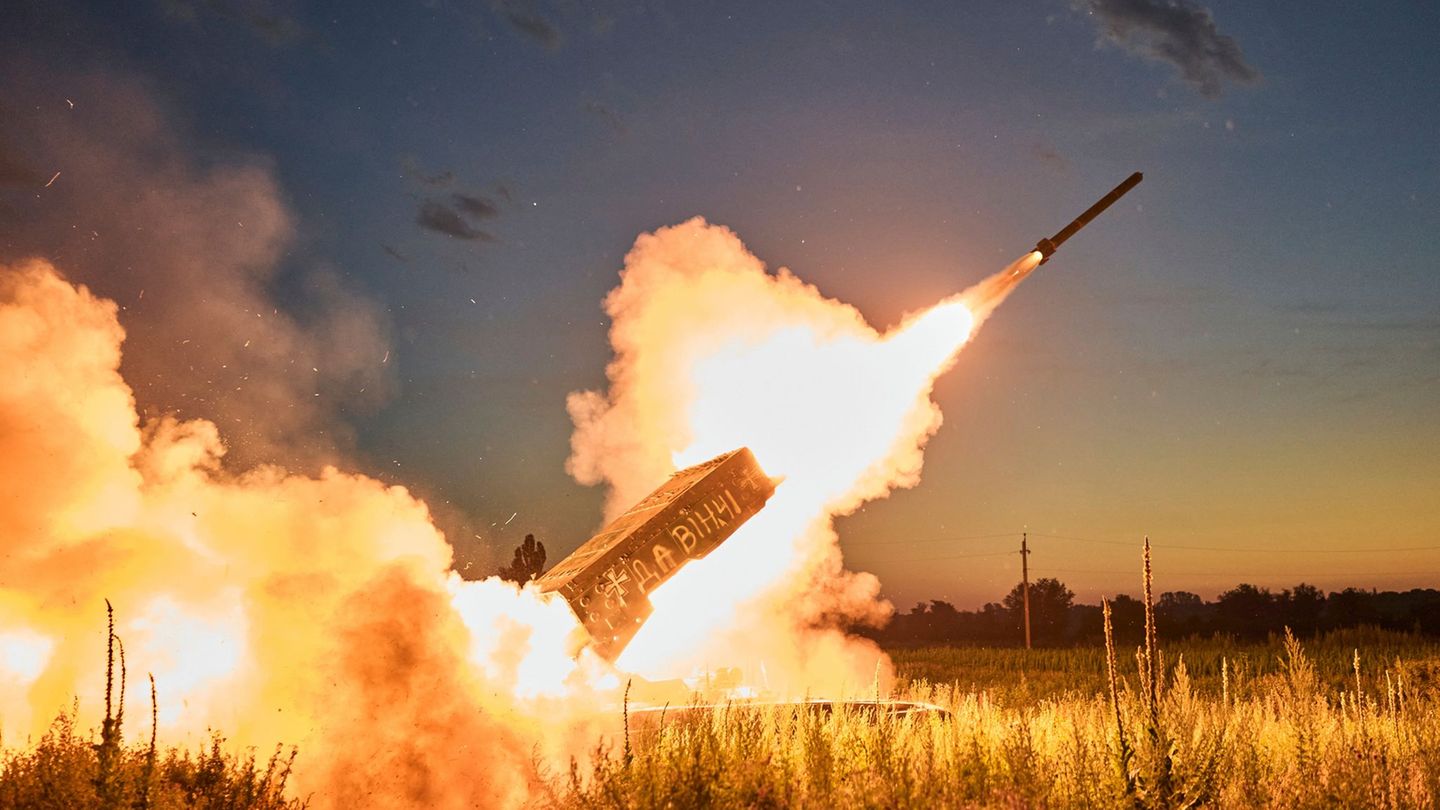The already critical situation of the Los Grobo Group worsensone of the largest Argentine agricultural conglomerates. After the stock market default, company checks began to bounce. More specifically, In the first days of this 2025, bad checks were recorded for an amount greater than $1.8.00 million, according to data from the Central Bank of the Argentine Republic (BCRA).
Official records indicate that between January 2 and 6, The Grobo Agropecuaria presented rejected checks for $1,376 million, while Agrofina, a phytosanitary manufacturing company controlled by the same group, added another $450 million in bad checks.
This situation is generating deep concern among producers who delivered grains to Los Grobo with a fixed price and who have not yet received the corresponding payment. The cessation of payments by the company, which includes the failure to comply with promissory notes and negotiable obligations for more than $500 million, led many of these producers to request the immediate liquidation of their operations to ensure collection. However, the majority were unable to make the payment, increasing uncertainty in the sector.
Strictly speaking, there is already talk of thousands of producers affected by the default of Los Grobo, something that would financially hit the weakest link in the chain. But that’s not all, because many other suppliers would be affected if the payment chain is cut, from contractors to input and service companies that work with the company.
Without giving their own names, the Rurales of northern Buenos Aires recently released a strong statement that seems to focus on the fall into default of Los Grobo and its derivations and details it as follows: “The agricultural sector should not present as its own the particular problems derived from the connection with this or that company. These are business risks that each one assumes and, therefore, do not constitute a structural problem of the agro.
However, it does represent a structural problem is the fact of competing with non-transparent structures, to which a blind eye has been turned and which, under various devices, manage money of dubious origin and provenance. Under these circumstances, It is essential that the government analyze and act on the set of adverse factors that are putting the Argentine productive system in serious difficulties. Currently, a very delicate perspective is taking shape“.
Meanwhile, the reality is that the situation of the agroindustrial group is more than complex. It is that heThe total consolidated debt of Agrofina and Los Grobo amounts to US$207 million, of which US$52 million matures in the next three months. Although the companies have quickly realized inventories of US$65 million and available cash of US$15 million, these resources are insufficient to cover their immediate commitments.
More specifically, not all the value of inventories can be transformed into cash immediately. The sale of these assets may face delays or discounts in their market value. In turn, the immediate commitments are only part of a total debt of US$207 million. The reality is that even if they manage to cover the US$52 million, they would still be exposed to the pressure of other future maturities.
In short, as detailed in the sector, this would be just the tip of the iceberg for Los Grobo because it is expected that rejected checks will continue to appear due to lack of funds while producers and suppliers pressure to collect. An explosive combo.
Source: Ambito




